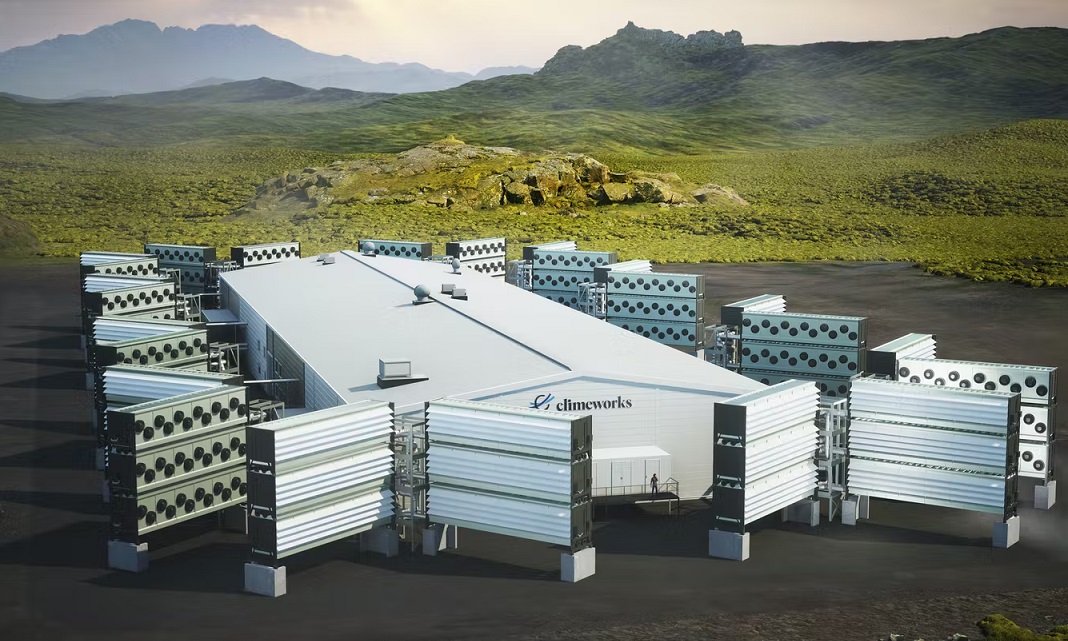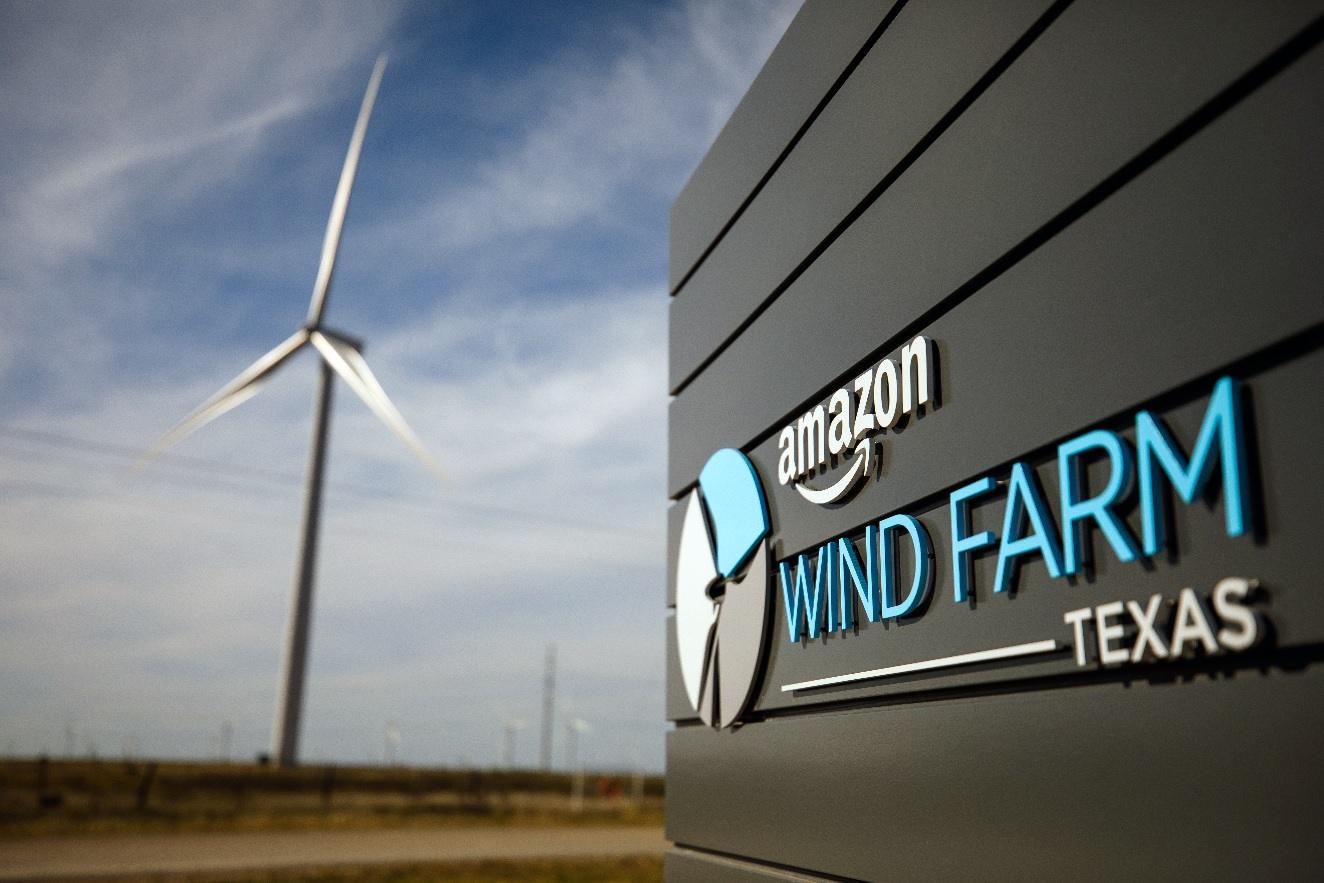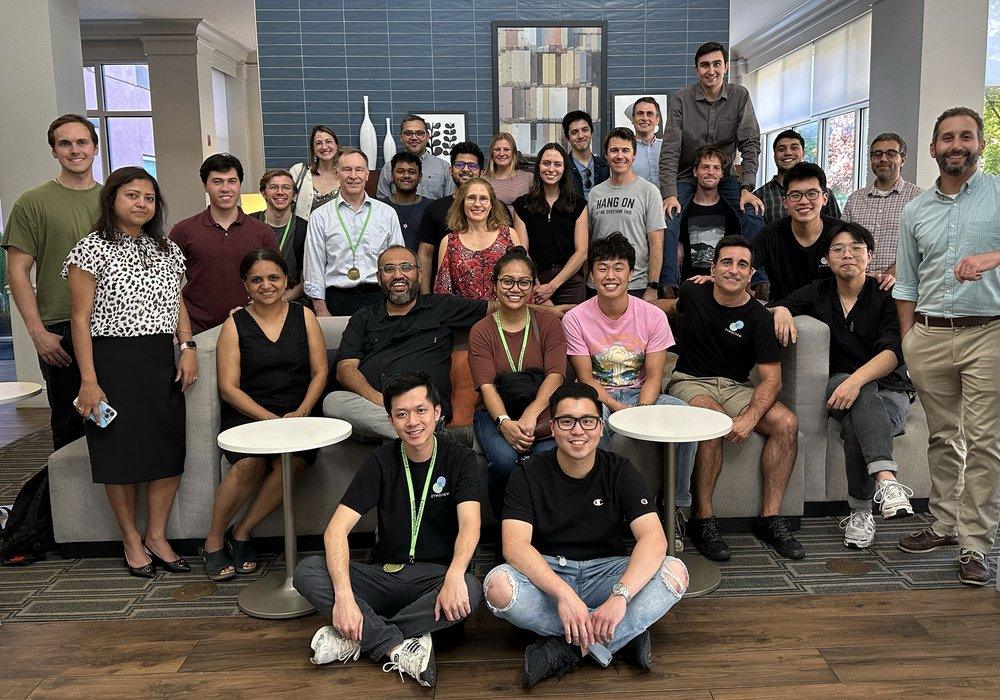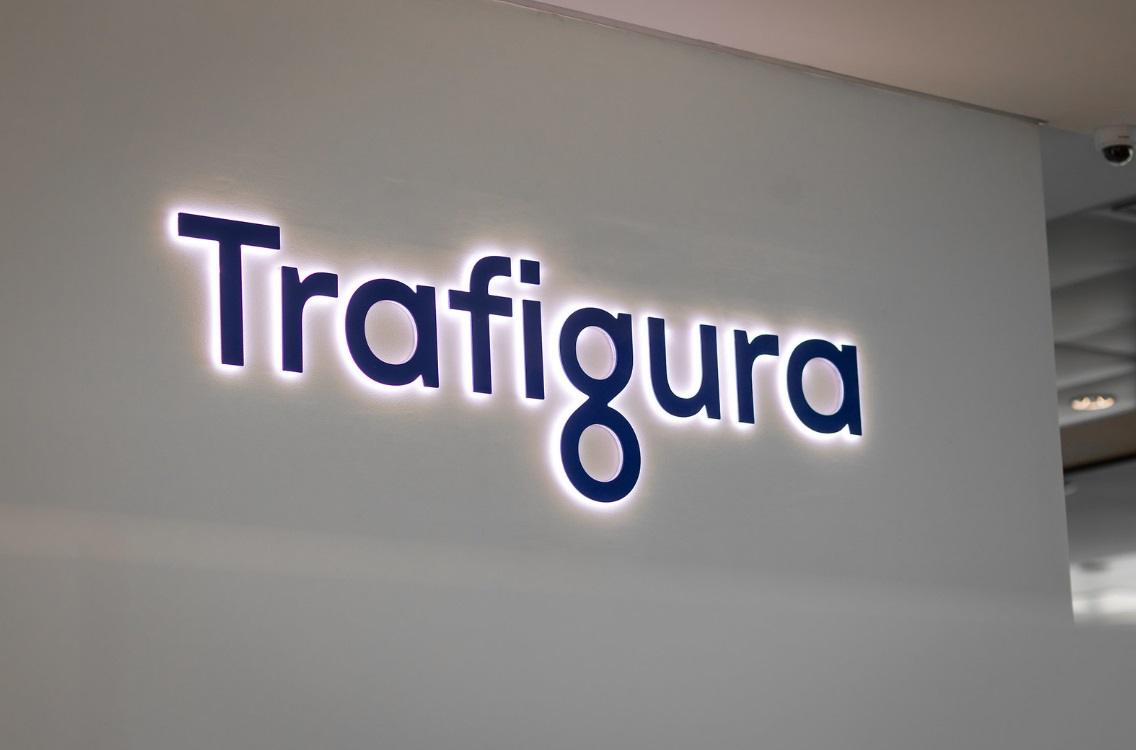Microsoft Signs 10,000 Ton Carbon Removal Agreement with DAC Provider Climeworks
Zurich-based Direct Air Capture (DAC) startup Climeworks announced today a 10-year carbon removal offtake agreement with tech giant Microsoft, marking one of the largest DAC agreements ever signed.
Under the new agreement, Climeworks will permanently remove 10,000 tons of CO2 emissions from the atmosphere on Microsoft’s behalf.
DAC technology, listed by the IEA as a key carbon removal option in the transition to a net zero energy system, extracts CO2 directly from the atmosphere for use as a raw material or permanently removed when combined with storage. According to the landmark IPCC climate change mitigation study released earlier this year, scenarios that limit warming to 1.5°C include carbon dioxide removal methods scaling to billions of tons of removal annually over the coming decades, with DAC positioned to potentially account for a significant portion of the total.
Climeworks has emerged as a leading DAC provider, recently completing a $650 million capital raise aimed at supporting its DAC capacity expansion. In June, the company announced the launch of “Mammoth” representing its 18th – and by far largest – project to date, with anticipated CO2 capture capacity of 36,000 tonnes per year.
Christoph Gebald, co-CEO and co-founder of Climeworks, said:
“Long-term commitments like this multi-year agreement are crucial for scaling the DAC industry because the guaranteed demand catalyzes financing of our infrastructure and consequently accelerates the development of the required ecosystem for scaling DAC.”
Microsoft initially selected Climeworks’ solution as part of its carbon removal portfolio last year, as part of the company’s toolset to become carbon negative by 2030, and to remove all of its historical emissions by 2050. With the new agreement, Climeworks becomes Microsoft’s first long-term carbon removal supplier.
Lucas Joppa, Chief Environmental Officer at Microsoft, said:
“Microsoft’s multi-year offtake agreement with Climeworks is an important step towards realizing the ‘net’ in net zero. Our experience in purchasing renewable energy shows that long-term agreements can provide an essential foundation for society’s race to scale new decarbonization technologies.”





